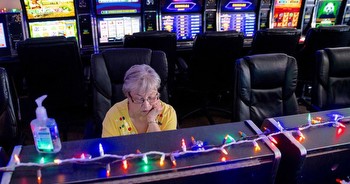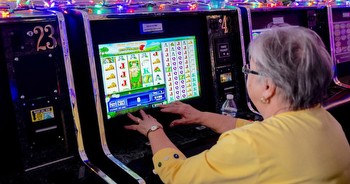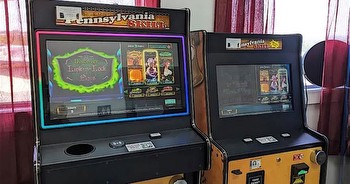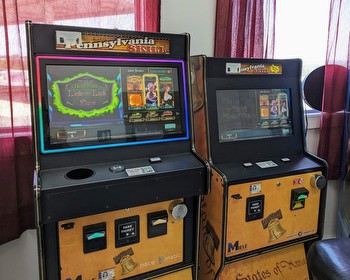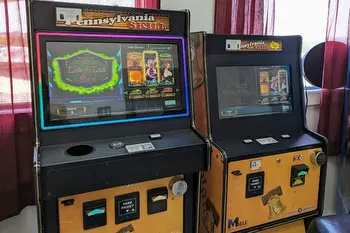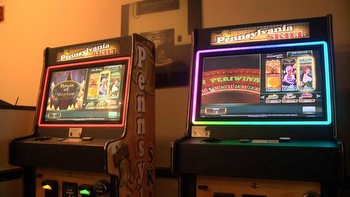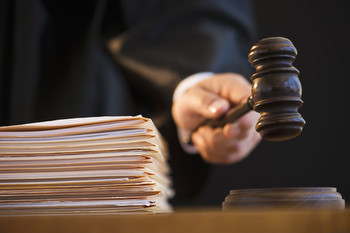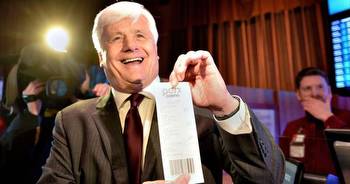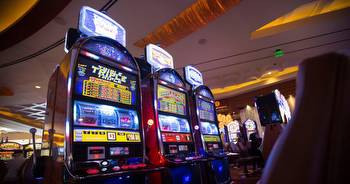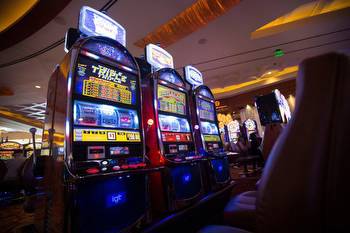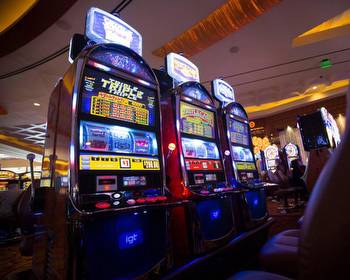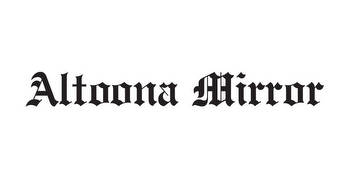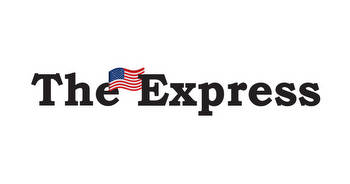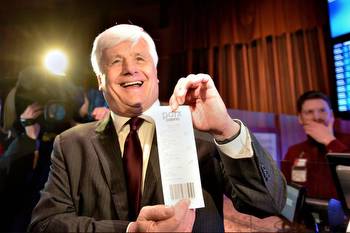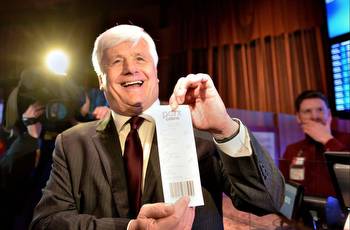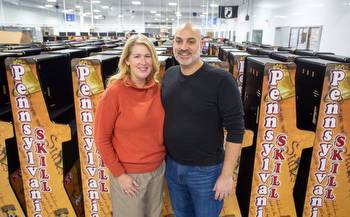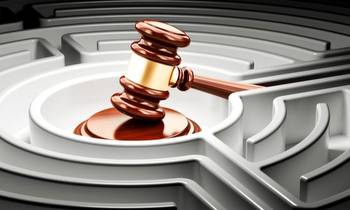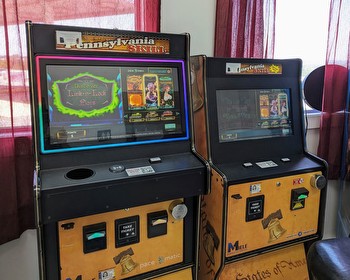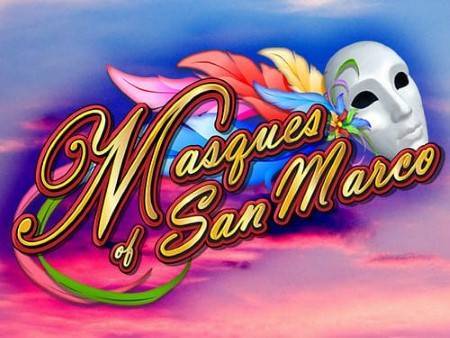Pace-O-Matic: Revenue report proof two kinds of slots can flourish
Pace-O-Matic, the Georgia-based producer of the “Pennsylvania Skill” unregulated and untaxed slot-like machines spreading throughout the state, is pointing to record casino revenues as evidence the skill games don’t compete with casino slots.
In a press release, Pace-O-Matic spokesman Mike Barley noted the record May gross gaming revenue of nearly $521m is proof two types of games can flourish. The total, from 17 licensed Pennsylvania casinos, he said debunks the idea of unfair competition from the unlicensed machines.
“These numbers show that there is room in the state for both casinos and small businesses that operate skill games to be successful,” Barley said. “There is no competition between the two.”
Pace-O-Matic has been lobbying Pennsylvania lawmakers to pass legislation that would formally legalize, regulate and tax the skill games. State law enforcement, casinos and lobbying groups including the American Gaming Association and the Association of Gaming Equipment Manufacturers, consider them illegal slot machines.
Casino.org reports that representatives of Parx, the state’s top casino, are delaying moving forward on building a $100 million hotel. Parx is waiting on the fate of the legislation, and a state Supreme Court case to settle the issue.
Casino operators ‘greedy?’
Barley, in the press release, noted the small businesses and charity groups that rely on the skill games for revenue. “Sadly, $521m a month is not enough to satisfy the greedy casino industry,” he said. “Instead, they want to kill small businesses, American Legions, volunteer fire companies, Moose Lodges and other places that count on income from skill games.”
The operator and state attorney general say the games are in pizza parlors, convenience stores and other child-friendly locations.
Casino operators want the legalization bill amended to require the same types of suitability required for licenced slot machines. The bill is in committee. Operators also want the proposed 16% tax rate increased to 54%, the amount licensed slot revenue is taxed.
The case before the state Supreme Court appeals a decision of Dauphin County Judge Andrew Dowling. That case held that an element of chance is insufficient to find the machine a gambling device. The state attorney general is asking the high court to classify skill games as illegal gambling machines.








